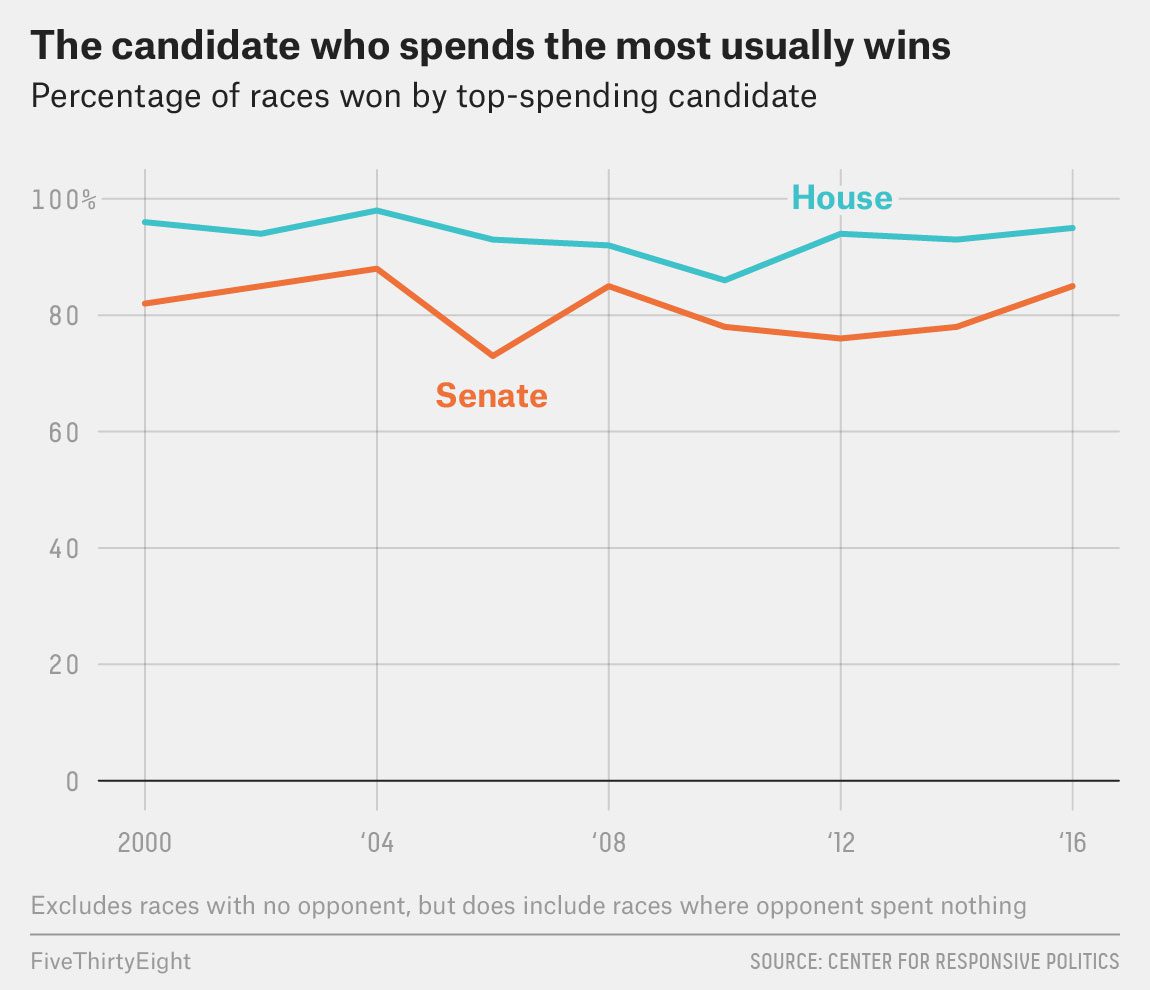Political campaign finance is an important aspect of the political process that has led to many controversies and concerns about the fairness of the electoral process. This article highlights ten key things that anyone interested in politics should know about campaign finance. It explains the importance of money in political campaigns, the regulations governing political contributions, the disclosure requirements for politicians and political action committees, and the role of Super PACs and dark money. Additionally, the article discusses the 2010 landmark Citizens United decision, public campaign financing, bundled donations, corporate PACs, and the evolving nature of campaign finance laws. Understanding these key aspects will help anyone involved in politics navigate the complex world of campaign finance more effectively.
10 Things You Need to Know About Political Campaign Finance
Political campaign finance is a complex and often controversial topic that has a significant impact on the political process. Understanding the rules and regulations that govern campaign finance is essential for anyone interested in politics. In this article, we will go over ten important things you need to know about political campaign finance.
1. Money is essential for political campaigns
Money is the lifeblood of political campaigns. Without adequate financial resources, a candidate or party’s ability to communicate their message to voters will be severely limited. Therefore, it is essential to raise money through fundraising events and donations from individuals, organizations, and corporations.
2. Contributions are regulated
Federal and state laws regulate campaign contributions. Individuals can donate up to $2,800 per election to a federal candidate, while political action committees (PACs) can donate up to $5,000 per election. Corporations and unions cannot donate directly to candidates but may donate to political action committees.
3. Disclosure is required
Federal candidates and political action committees must disclose their financial reports to the Federal Election Commission (FEC). These reports must detail how much money the campaign has raised, where the donations came from, and how much was spent.
4. Super PACs are not officially affiliated with a candidate
Super PACS are independent expenditure-only committees that can raise unlimited amounts of money from individuals, corporations, and labor unions. Although super PACs cannot coordinate with a candidate, they can still spend large sums of money on their behalf.
5. Dark money is difficult to trace
Dark money is political spending by a secretly funded organization that does not disclose its donors. These organizations can be difficult to trace because they are not legally required to disclose their funding sources. This has led to concerns about the influence of anonymous donors on the political process.
6. The Supreme Court’s Citizens United decision changed campaign finance
In 2010, the Supreme Court ruled in Citizens United v. FEC that corporations and unions have the same free speech rights as individuals and can spend unlimited amounts of money on political campaigns. This decision led to the creation of super PACs and resulted in record-breaking spending in political campaigns.
7. Public campaign financing is available in some states
Some states offer public financing for political campaigns. Candidates who opt to participate in public financing receive public funds and must agree to certain spending limits. This system is designed to reduce the influence of big donors and promote fairness in the electoral process.
8. Donors can bundle contributions
Bundling is when an individual donates large sums of money to a political campaign and then encourages others to do the same. This is a way to increase the donor’s influence and leverage with the campaign.
9. Corporate PACs are common among Fortune 500 companies
Many large corporations have political action committees (PACs) that donate money to political campaigns. These corporate PACs often donate to both Republican and Democratic candidates to ensure they have influence regardless of who is elected.
10. Campaign finance laws are constantly changing
Campaign finance laws are continually evolving at the federal and state levels. Recent court decisions and changes in political leadership have led to significant changes in campaign finance laws. Staying up-to-date on these changes is essential for anyone involved in politics.
Final Thoughts
Campaign finance is a critical component of the political process. Money is required to fund campaigns and communicate with voters effectively. However, the influence of money on politics has also led to controversies and concerns about the fairness of the electoral process. Understanding the rules and regulations that govern political campaign finance is essential for anyone who wants to be involved in politics, whether as a candidate, donor, or voter.
